SUPPORTED BY

AestETHICS is the global conversation between aesthetic medicine specialists and patients.
AestETHICS was born from the voices of individual physicians who share their vision for the ethical use of aesthetic medicine.
IBSA Derma has always been a promoter of culture on aesthetic medicine and has intercepted and amplified the voices of this group of physicians, fostering a reflection on clinical practice with a communication and in-depth project that aims to initiate a broader and deeper conversation on an international level, for the benefit of patients as well.
The project aims to create a system of education and information, with the support of scientific societies as well, that can have a positive impact on the entire field of aesthetic medicine while enhancing the uniqueness and authentic beauty of each individual.
IBSA Derma and its support have promoted and fostered a connection and discussion between experts, professionals in the field, scientific societies and training schools, with the aim of collecting data on the vision of ethics in aesthetic medicine.

The first concrete result of this discussion is a Position Paper entitled “The Aesthetic Medicine: International Dialogue on the Relationship between Medicine, Beauty And Ethics” presented in Paris, at the IMCAS 2023 Congress.
The Position Paper then led to the publication of a scientific article in the Philosophy, Ethics, and Humanities in Medicine Journal entitled “The ethical foundations of patient-centered care in aesthetic medicine.”
IBSA Derma’s commitment to AestETHICS continues, and throughout 2024 it aims to support the sector’s training schools by organizing lectures on ethics in aesthetic medicine to be included in the residency training of future generations of aesthetic medicine physicians.

Take part in the dialogue by registering on the form below, you will get access to the Consensus Paper and lots of exclusive content such as videos, social posts and personalized certificate.
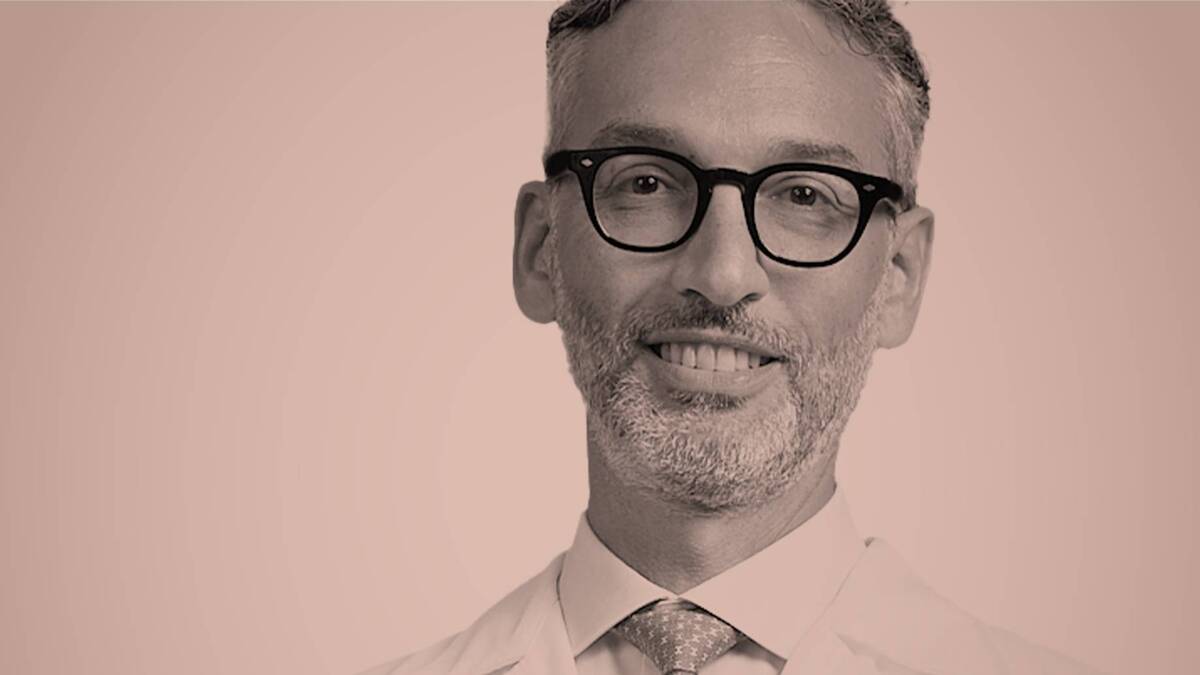
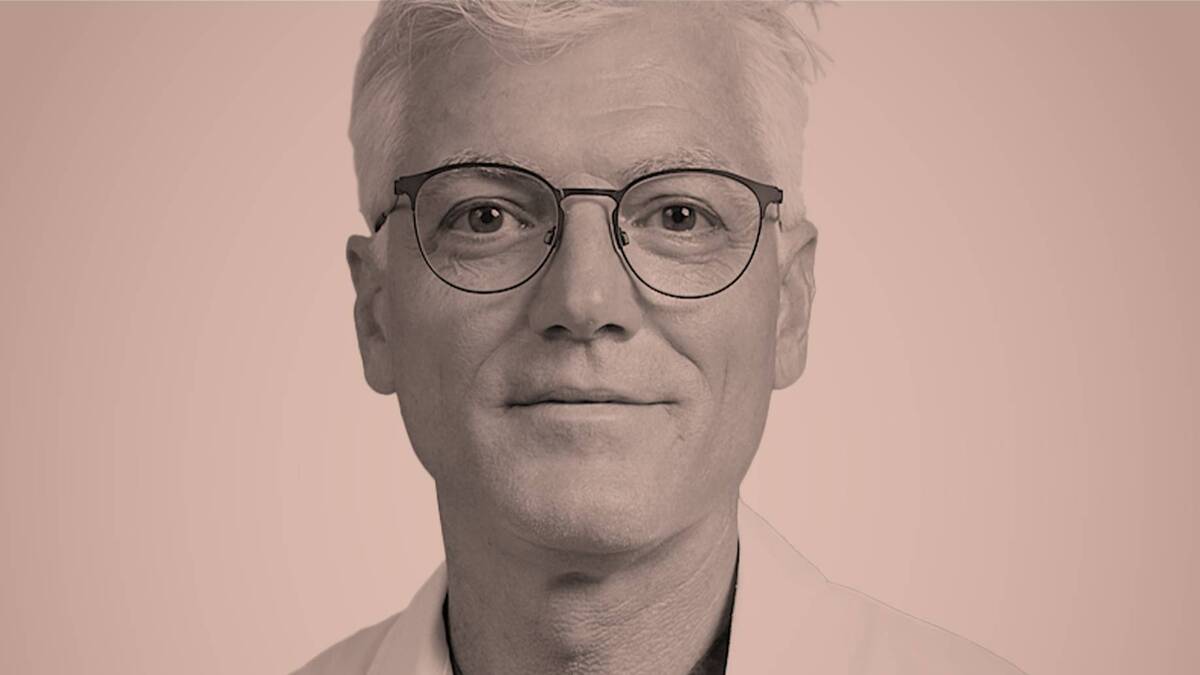
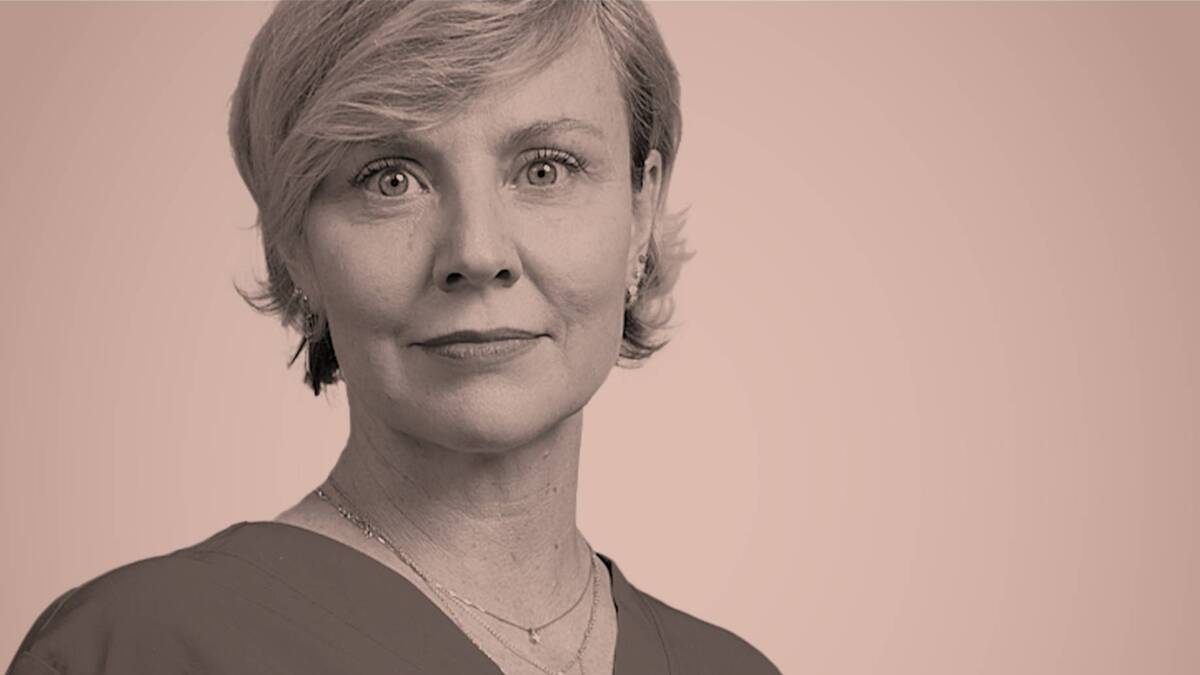
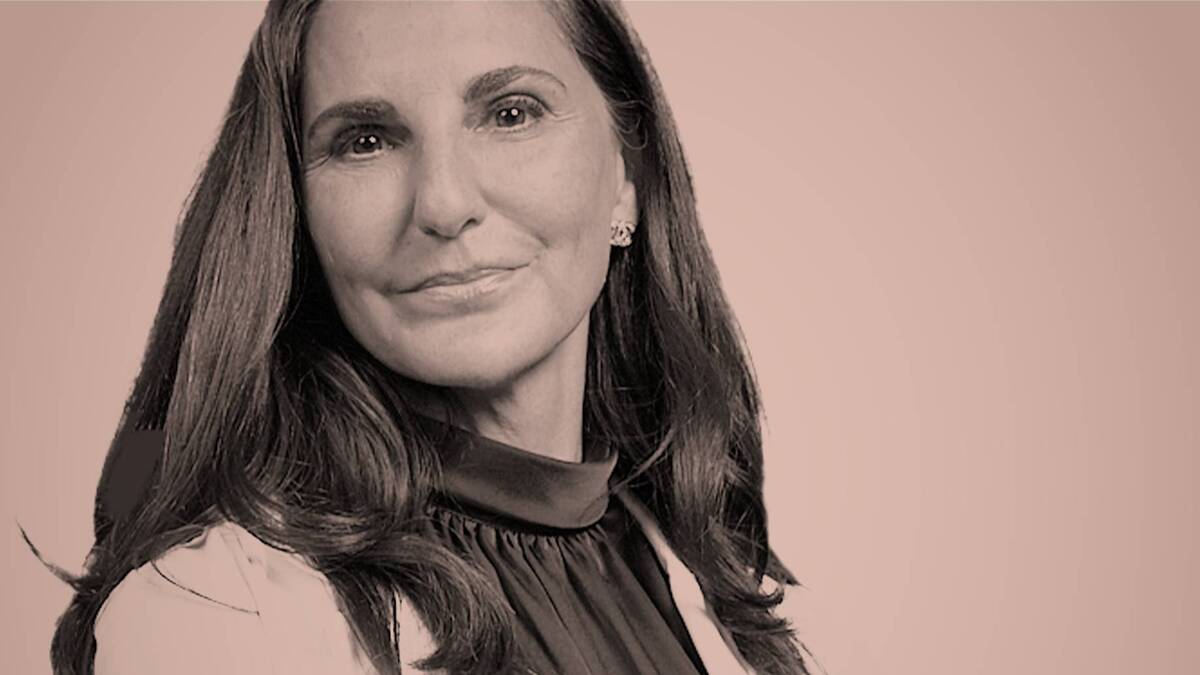
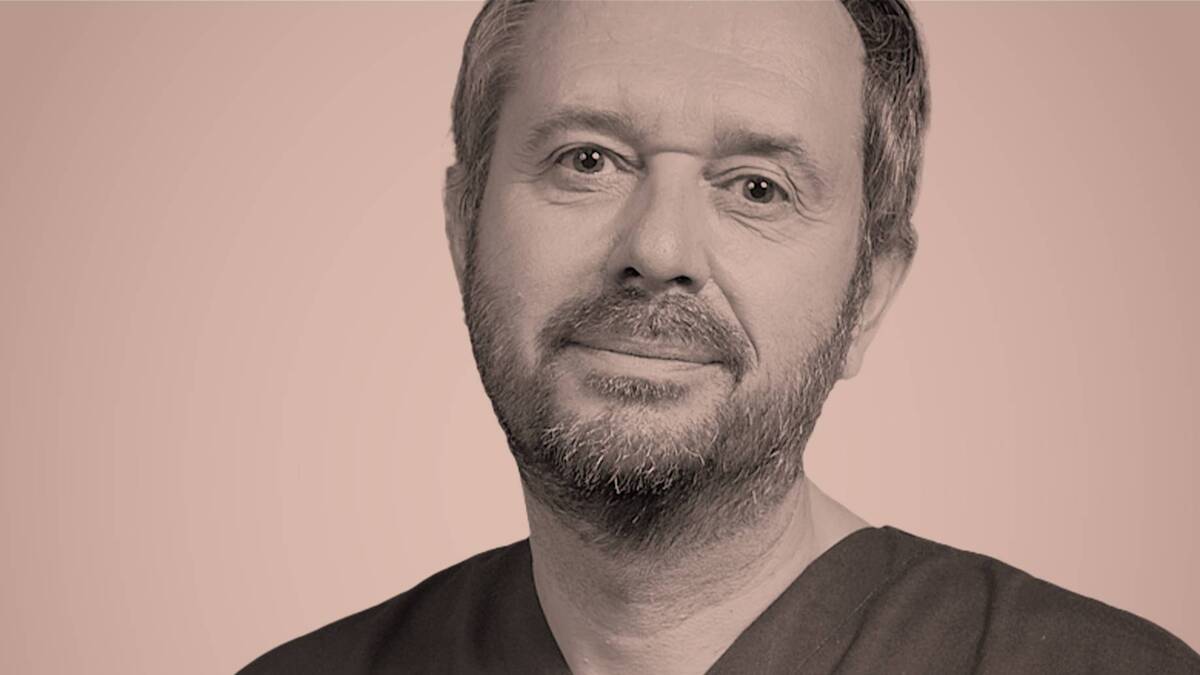
“There is a need for discussion on ethics with our colleagues and the scientific community to help us reach a consensus about our practices.
It is important to establish common rules, draw up a code of ethics and create recommendations.
Ethics is about respect, humanity and care. ‘Primum non nocere’ is the fundamental principle of medical practice.”
“In recent years, the widespread popularity of aesthetic medicine treatments, the influence of social media and the emergence of new transgressive trends, have made us face new ethical challenges.
Now it’s time for the role of beauty to move towards a more mature and holistic approach.”
“I firmly believe that it’s essential for companies, doctors and patients to unite under a shared vision, which is to work in complete compliance with ethical principles.”
“I think it’s important to establish some clear rules and guidelines to instil ethical values in our work and profession.
We must remember that aesthetic medicine is not just a business, but a means to help our patients fully realise their physical and emotional potential.
Ethics must be a cornerstone of our work. Ethics means respecting the standards of beauty and harmony, and, most importantly, putting patient care first.”
“Together with a team of doctors and the support of IBSA, we are conducting research on the ethical use of aesthetic medicine to prioritise our patients’ well-being.
It is important to remain open in a changing society without restricting people’s freedom of expression. However, we must set boundaries to protect our patients’ image.”